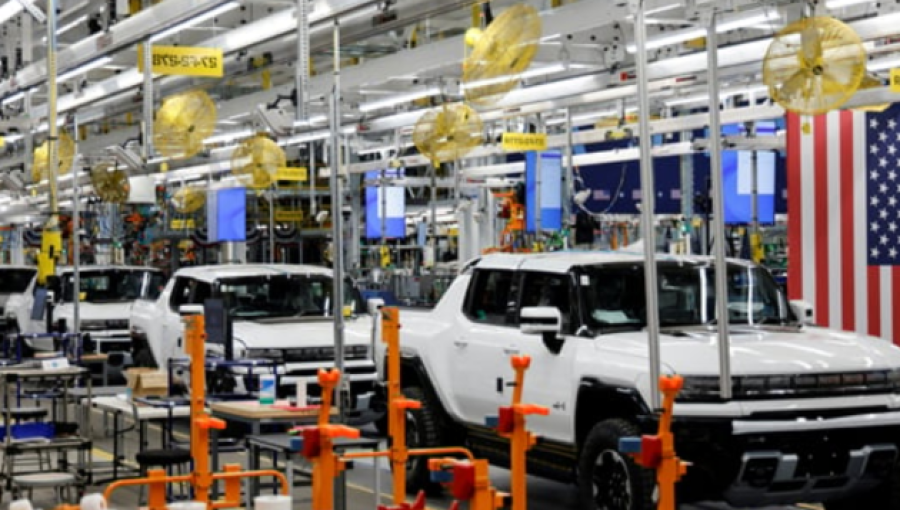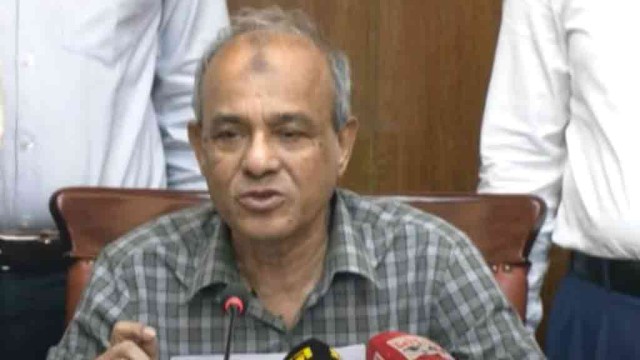The US government offered automakers an extension on electric vehicle tax credit rules, allowing vehicles containing Chinese graphite to qualify for consumer credits until 2026. This decision, finalized on Friday, was part of the Treasury Department and Internal Revenue Service's publication of final rules on clean vehicle provisions under President Joe Biden's climate action plan, the Inflation Reduction Act (IRA).
Seeking to lessen the EV industry's dependence on China, new rules implemented this year restricted Chinese content in batteries to qualify for EV tax credits of up to $7,500. Additionally, starting in 2025, a qualifying clean vehicle cannot contain critical minerals from entities controlled by countries like China, Russia, or North Korea.
However, the final rules provided automakers with an additional two years to enhance material sourcing, particularly for minerals like graphite that are challenging to trace to their origin. The Treasury Department emphasized that these rules strengthen supply chains and provide certainty for manufacturers and taxpayers.
John Bozzella, president of the Alliance for Automotive Innovation, applauded the rules for acknowledging the realities of the global supply chain. He noted that they offer temporary flexibility regarding critical minerals' sourcing in EV batteries, especially as more automotive supply chains and battery production localize to the US and its allies.
Contrarily, John Moolenaar, chairman of the House Select Committee on the Chinese Communist Party, expressed concern that the rule further deepens the country's reliance on China. He urged the Biden administration to reconsider its stance on the matter.































Comment: